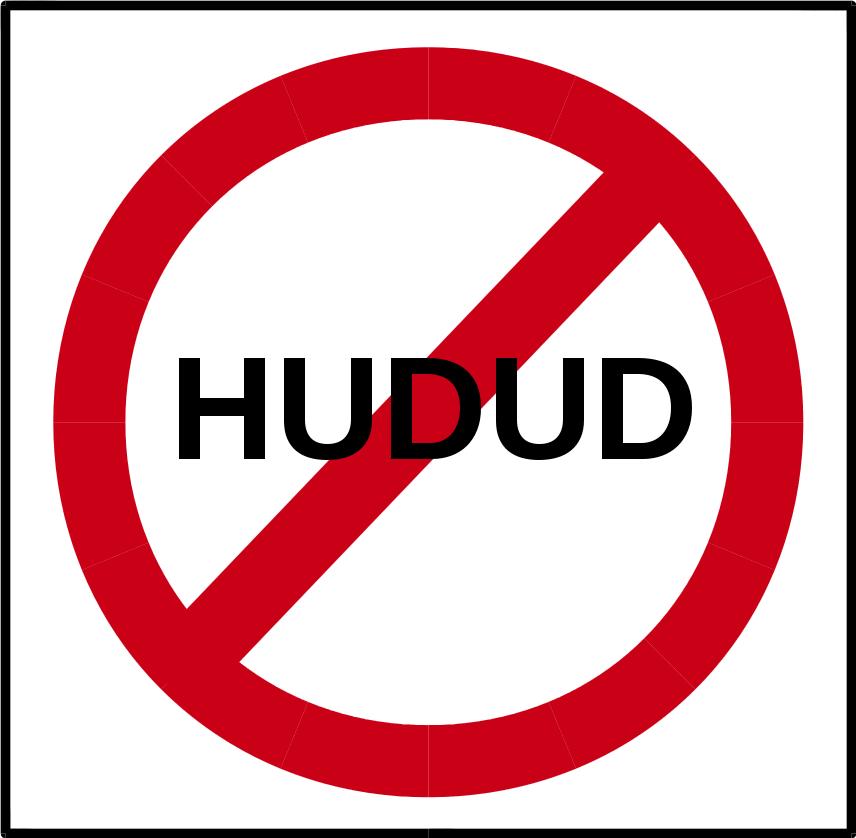For an issue that Datuk Seri Anwar Ibrahim describes as nothing more than an Umno plot to split Pakatan Rakyat into squabbling factions, the potential imposition of hudud law garners a great deal of attention in the mainstream and Opposition press.
By now, the refrain is tired: PAS want to impose hudud as they’ve been working to do in Kelantan for years, and whether they would limit it to Muslims or not depends on the PAS official speaking. No, it’s actually Umno, who secretly want hudud law despite having decades in which to enact it and not doing so. No, DAP are forcing the issue to remind its largely-Chinese base that it carries weight in Pakatan. And so on.
The fight between DAP Chairman Karpal Singh and various members of PAS, and PAS Deputy President Mat Sabu’s alleged declaration that PAS would seek to alter the constitution to impose hudud if it took Putrajaya, are merely the latest in a long series of such flareups.
Hudud law is an issue because PAS have never had to align themselves with the majority of the nation and make compromises along the way. (This is why only obscure Umno politicians, who have no voice in the party’s leadership, seem to promote the idea.) GE12 gave the Opposition their closest encounter with speaking for the rakyat, and so PAS’ long history of advocating hudud was suddenly confronted by a resurgent DAP and a PKR with national aspirations.
Pakatan’s Rakyat’s attempt to grapple with this issue and the Opposition pact’s inability to resolve its internal contradictions keep bringing the issue to the fore.
Were this simply yet another in a long line of internal Pakatan Rakyat spats, it would receive some play in the mainstream press and the usual papering-over in the Opposition’s captive publications. Hudud law generates so much controversy because for Malaysians of all political allegiances and none, hudud law represents a final line that cannot and must not be crossed.
Hudud is simply a series of mandatory punishments for certain crimes. Its place in syariah law is in dispute among scholars, but the punishments — dismemberments, stonings, floggings — are not, and represent a real change in Malaysia’s governance.
Imposing hudud, whatever the constitutional problems, would radically alter how Malaysians view their government. Some would perceive it as a dramatic reformation of the government’s relationship with the rakyat, as one writer for the Opposition web portal Malaysian Insider wrote. Some would see it as proof that Malaysia’s brand of tolerant Islam is giving way to a strain more associated with Saudi Arabia — and Anwar Ibrahim in his street protester days.
But the real problem with hudud is that it radically alters the relationship between the races and the religions. Muslims who do not wish to be ruled by hudud law would by operation of law be living in a very different country. Non-Muslims who do not wish to be ruled by hudud law would rightly be concerned that if it can be imposed on Muslims, it can be imposed on Christians, Buddhists, Sikhs, Hindus, and any other faith. It would divide the rakyat in a way that would undo all of the work every Malaysian government and Malaysian civil society have worked to accomplish since Merdeka.
Here at The Choice, we are often critical of Datuk Seri Anwar Ibrahim, and we believe fairly. But if there is a single issue on which he has failed as an Opposition Leader, it is in the gap between his practise and his rhetoric on hudud.
When the issue arose again, almost a year ago, PAS and DAP went to war, and naturally, many looked to Anwar and PKR for their stance. For three years and more, PKR had been portrayed as the glue that bound together the two opposites, and Anwar was promoted as the one who could make the coalition work. As Opposition Leader, it is his duty — as in any parliamentary democracy — to impose order on his coalition.
Instead, he fumbled. He supported PAS’ demands, then asserted that he spoke only for himself, and not for PKR, which he suggested (but did not state) would oppose the imposition of hudud law.
In one simple blunder, he managed to leave his party unable to take a coherent stand, enrage his coalition partners, and ensure that the issue would remain alive all the way to GE13. He frightened the rakyat and has left the issue hanging, despite recent attempts to blame the whole furore on Umno.
The results stand now for everyone to see.
Hudud law will be and must be an issue at GE13 despite greater concerns because Pakatan Rakyat cannot be bothered to decide their stand on the issue. Malaysians who want no part of hudud will have to weigh PAS’ role at Putrajaya carefully when voting DAP or PKR, and will be less likely to do so. Barisan Nasional, which has no interest in enforcing hudud, will benefit as a result.
One coalition stands for a progressive Malaysia for all races. The other coalition cannot even decide its common position on an issue that would radically alter the nation.
Every Malaysian has to choose. We believe they will choose wisely.

